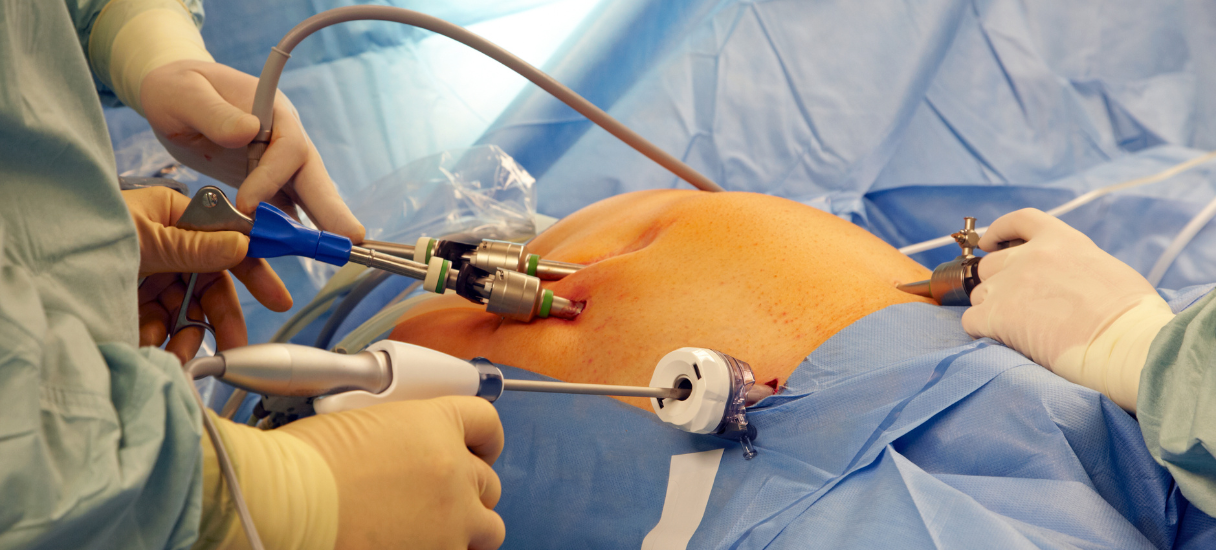For women over 50, maintaining health becomes crucially important as the body undergoes significant changes. This period of life can bring about challenges such as menopausal symptoms, increased risks of heart disease and osteoporosis, and changes in metabolism. By adopting targeted wellness strategies, women can enhance their quality of life and ensure they remain active and healthy during their 50s and beyond. This article offers essential health tips designed to address the unique needs of women over 50, helping them to navigate these changes with confidence and ease.
1. Prioritize Heart Health
As estrogen levels decline with menopause, the risk of cardiovascular diseases in women tends to rise. It becomes imperative to focus on heart health by managing blood pressure and cholesterol levels through diet and lifestyle. As women experience menopause, there is a natural decline in estrogen levels, which unfortunately corresponds with an increased risk of cardiovascular diseases. Given this heightened risk, it becomes critically important to prioritize heart health. Effective management of blood pressure and cholesterol through careful attention to diet and lifestyle choices is essential for mitigating these risks and promoting overall cardiovascular well-being.
2. Focus on Bone Density
The post-menopausal period is often marked by a decrease in bone density, leading to an increased risk of osteoporosis. Ensuring adequate intake of calcium and vitamin D is vital for maintaining strong bones. Women over 50 should aim for at least 1200 mg of calcium per day, which can be achieved through both diet and supplements. Foods rich in calcium include dairy products, leafy green vegetables, and fortified foods. For personalized advice on natural therapies and supplements that support bone health, women can consult with naturopathic physicians like Karen Threlkel.
3. Manage Menopausal Symptoms
Menopause can bring a range of uncomfortable symptoms, including hot flashes, night sweats, and mood fluctuations. Managing these effectively is crucial for maintaining quality of life. Lifestyle changes such as dressing in layers, keeping the bedroom cool at night, and reducing spicy foods and caffeine can mitigate some symptoms. Additionally, herbal supplements such as black cohosh and red clover have been used to manage menopausal symptoms naturally. For those experiencing severe symptoms, consulting with a healthcare provider about hormone replacement therapy could be beneficial.
4. Maintain a Healthy Weight
Metabolic rates slow down with age, making weight management increasingly challenging but no less important. Excess weight can exacerbate health issues like heart disease, diabetes, and arthritis. Maintaining a healthy weight through a balanced diet and regular physical activity is essential. Portion control, mindful eating, and regular strength training exercises can help manage weight effectively. It’s also helpful to incorporate activities that both increase heart rate and build muscle, as muscle mass naturally declines with age.
5. Stay Active Mentally and Physically
Staying active isn’t just about physical health; it’s also about keeping the mind sharp. Regular physical activity helps to improve overall body strength, flexibility, and endurance, contributing to longer independence and better health. Additionally, engaging in activities that challenge the brain, such as puzzles, reading, or learning new skills, can help maintain cognitive function and reduce the risk of dementia. Combining physical and mental exercises makes for a comprehensive approach to staying vibrant and healthy well into later life.
6. Screen for Cancer Regularly
Regular cancer screenings are crucial for women over 50, as the risk of certain types of cancer increases with age. Breast, colorectal, and cervical cancers are among the most common that can affect women in this age group. Mammograms should be scheduled every one to two years to monitor for breast cancer, while colonoscopies are recommended every ten years for colorectal cancer, starting at age 50, unless personal or family health history suggests an earlier start. Pap smears for cervical cancer should continue until at least age 65. These screenings can lead to early detection, which significantly improves treatment success rates and outcomes.
7. Monitor Hormone Levels
Hormonal changes are a hallmark of aging in women, particularly during and after menopause. Fluctuations in estrogen and progesterone can affect everything from bone density to heart health. Regular monitoring of hormone levels can help manage symptoms and prevent associated risks. For those experiencing severe menopausal symptoms, hormone replacement therapy (HRT) might be considered. Consulting with a healthcare provider to discuss the benefits and risks of HRT can provide guidance tailored to individual health needs and medical history.
8. Pay Attention to Mental Health
Mental health often changes as women transition into their 50s and beyond. The reduction in hormonal levels can impact mood and emotional well-being, increasing the risk of depression and anxiety. It’s important for women to recognize the signs of mental health issues and seek appropriate care. Strategies to support mental health include regular exercise, which boosts endorphins, maintaining strong social connections, and engaging in activities that bring joy and satisfaction. Professional help, such as therapy or counseling, can also be beneficial in managing mental health during this period.
9. Regular Check-Ups
Beyond specific cancer screenings and hormone level tests, general health check-ups are vital for catching any potential issues early. Regular visits to the doctor can help monitor blood pressure, cholesterol levels, and other vital health markers. These check-ups provide an opportunity to discuss any new symptoms or health concerns and adjust health plans accordingly. Regular medical monitoring ensures that women over 50 receive the preventative care and early treatment interventions that are key to maintaining long-term health.
10. Focus on Nutritional Needs
As women age, their nutritional needs evolve. Post-menopausal women, in particular, need more calcium, vitamin D, and B vitamins. A diet rich in leafy greens, fruits, whole grains, lean proteins, and healthy fats is essential for maintaining energy levels and supporting overall health. Limiting processed foods and increasing water intake can also help manage weight and improve metabolic function. Consulting with a nutritionist can provide personalized dietary advice to meet specific health conditions or goals.
Conclusion
For women over 50, maintaining health involves a holistic approach that incorporates regular medical screenings, attention to diet and exercise, and care for mental well-being. By actively managing their health and staying informed about their changing bodies, women can enjoy a vibrant and fulfilling life well into their later years. Each step taken towards health maintenance not only enhances quality of life but also empowers women to navigate this rich stage of life with confidence and vitality.





